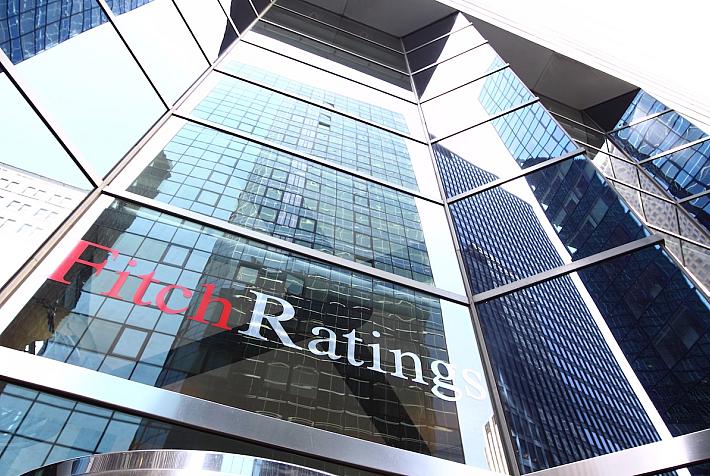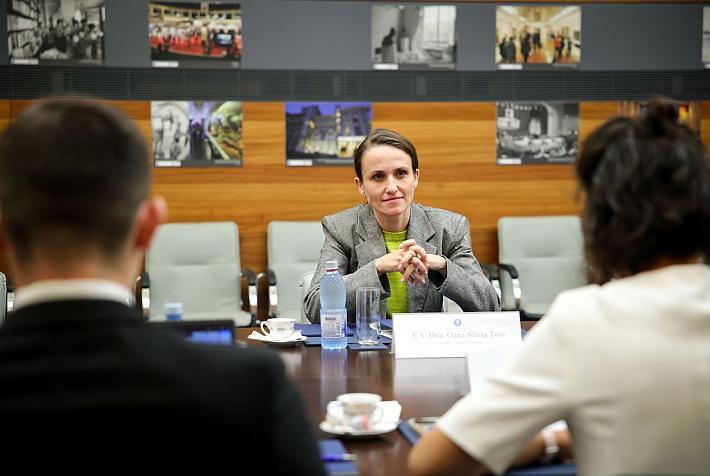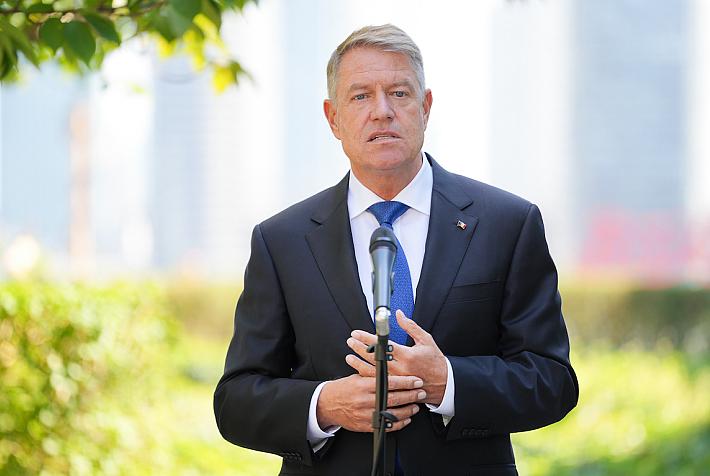PwC: Salaries in the private sector increase by 4.1% this year

Private companies have increased their employees’ wages by an average 4.1% this year, the same as last year. They plan to further increase salaries by 3.9% next year, according to this year’s edition of PwC’s PayWell Romania salary and benefits study.
“Although there is no major difference (compared to last year - e.n.), this is the first year after a long time in which the actual average wage increase was higher than that initially planned by companies (3.9%). This is a sign that the economy is on an upward path,” said Mihaela Mitroi, Tax and Legal Services Leader, PwC Romania.
She added that Romanian employees are enjoying an increase in their purchase power, due to the deflation that Romania is experiencing as a result of the VAT cuts, which will lead to a strong growth in consumption in both 2015 and 2016.
The highest average salary increase in 2015 was registered in the pharmaceutical and FMCG sectors (4.5% in both cases). Same as last year, lower than market average salary increases were in banking (2%) and retail (3.7%).
“Compared to previous years, in 2015 we’ve seen higher salary increases in sectors directly influenced by the evolution of internal consumption, such as the FMCG and retail sector, as compared to last years. The only sector that registered significantly lower average wage increases is the banking, which is still struggling with internal challenges such as portfolio restructuring and market consolidation, as well as external macroeconomic influencers”, explained Horaţiu Cocheci, Senior Manager, Human Resources Consulting Leader, PwC Romania.
In terms of employee categories, the highest salary increases were registered for blue-collar workers and operational specialists (4.3%), while the wages of top management increased at a bit slower pace (3.9%).
Employers plan to increase salaries by an average 3.9% next year, a similar rate to the one planned last year for 2015.
“Employers are showing cautiousness in terms of salary dynamics, budgeting more modest salary growth levels. The recent years practice has shown that these planned wage increases are, most of the time, adjusted during the year depending of the company’s performance, the evolution of the economy and that of the market segment in which the company operates”, Cocheci explained.
According to the PayWell study, 38% of the Romanian companies are offering fixed bonuses for all employees (independent of the employee’s or the company’s performance) for various holidays (Christmas, Easter or the summer vacation season). These are either fixed amounts that vary between RON 500 and RON 1,500, depending on the company and the industry in which it operates), or are granted as a percentage of the monthly salary (such as the 13th salary or the holiday bonus).
Companies also use performance bonus to motivate the management. The level of the performance bonus depends on the category of employees and varies between one and four monthly salaries. For the last year, companies did not report significant differences between planned and actual performance bonuses levels.
In terms of extra salary benefits, meal tickets, subscriptions for private health clinics and social activities (such as parties and team-building activities offered by companies) are still the most frequently used benefits, being offered by more than half of the participating companies. This is because these benefits are easily quantifiable in money and their value is easily understood by employees.
Average gross salary goes up by 7.6% in Romania in 2014
editor@romania-insider.com











